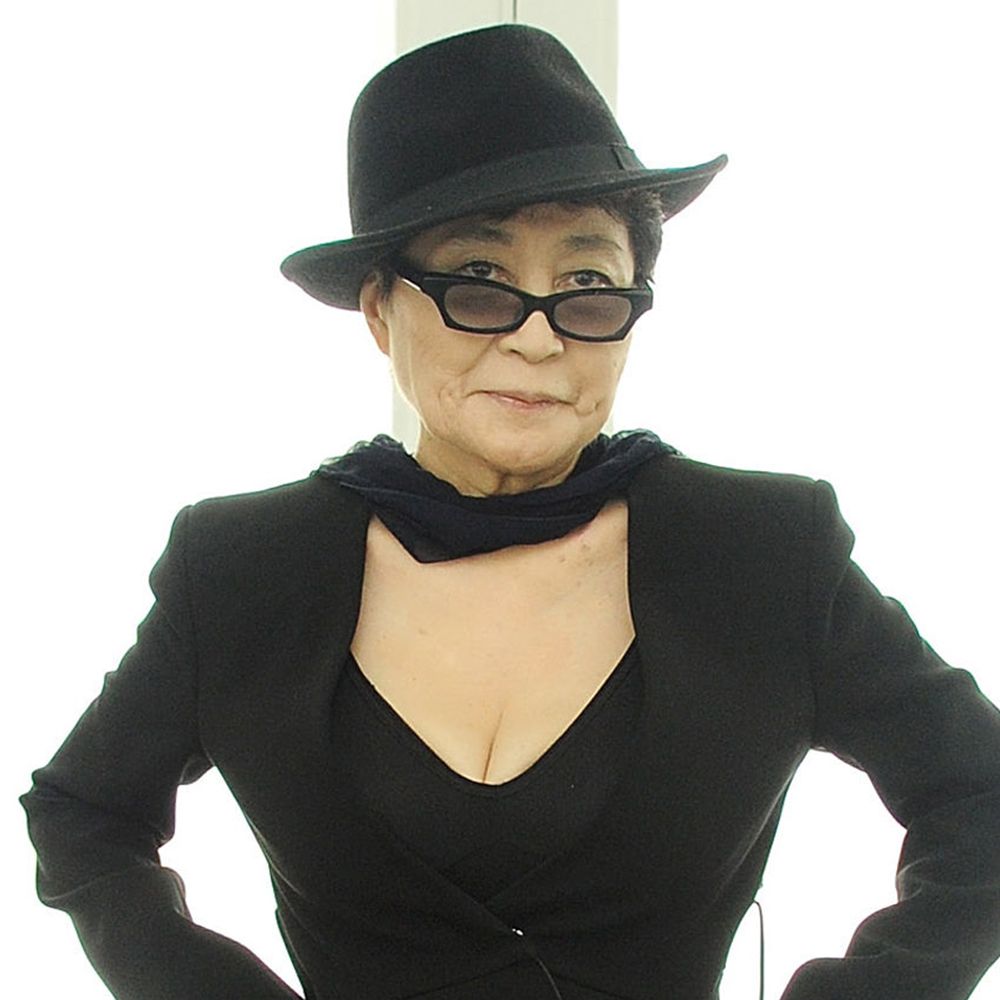
Yoko Onos Most Controversial Moments in Music History
Yoko Ono is a figure whose name often stirs up a mix of admiration and controversy in the music world. As an avant-garde artist and musician, her unconventional style has led her to be both celebrated and vilified. Her relationship with John Lennon and her contributions to the world of sound and performance art have sparked countless debates, and her unique approach to music has, at various times, put her in the crosshairs of public scrutiny. In this blog post, we will dive into some of the most controversial moments in Yoko Ono's music history and explore how her innovative spirit continues to provoke thought and discussion.
Disrupting the Beatles
One of the most significant moments in music history came with Ono’s involvement with The Beatles. Many fans believed that Ono was a major factor in the band’s breakup, with some arguing that her presence affected John Lennon’s commitment to the group. This perspective led to her being viewed with hostility by many who were unwilling to see the artistic dynamics that influenced Lennon’s decisions. The public reaction was intense, as fans associated her with the end of an era. Despite this backlash, Ono has always maintained that her relationship with Lennon was based on mutual artistic and emotional support, shedding light on the often-complicated nature of love and creativity.
Artistic Expression and Music
Yoko Ono's music itself has often been labeled as controversial for its unconventional nature and experimental sound. Albums like "Elemental" and "Fly" challenged the norms of popular music, incorporating elements of performance art, avant-garde sound, and feminist themes. Her 1969 album, "Yoko Ono/Plastic Ono Band," features raw emotional performances that many listeners found jarring. Critics have often described her work as dissonant and difficult to digest, which has led to debates about the nature of art and what constitutes music. Despite the criticism, Ono’s fearless approach to artistic expression paved the way for future generations of musicians to break boundaries and explore new forms of creativity.
The Yoko Ono Store: A Cultural Phenomenon
In addition to her music, the Yoko Ono Store serves as an extension of her artistic vision, offering a range of products that reflect her distinctive style and philosophy. The store showcases an array of items from her "Wish Tree" projects to various art prints, embodying her belief in positive change through creativity. Furthermore, the store encourages fans to engage with her work on a personal level, allowing them to own a piece of her legacy. This interaction highlights how Ono continues to be a relevant figure in contemporary culture, prompting discussions about the intersection of art, commerce, and activism, while also providing a platform for her supporters to participate in her vision for a better world.
Activism and Political Statements
Yoko Ono has also used her music as a platform for activism, particularly in the realms of peace and human rights. Her 1970 track "Give Peace a Chance" became an anthem for the anti-war movement, leading many to view her as a passionate advocate for change. However, her bold political statements have also drawn criticism; some claim they overshadow her artistry. Even so, Ono remains steadfast in blending her music with her beliefs, showcasing the powerful relationship between art and activism. Her commitment to peace and love continues to resonate, proving that her controversial moments in music history are often coupled with significant cultural importance.
.png)